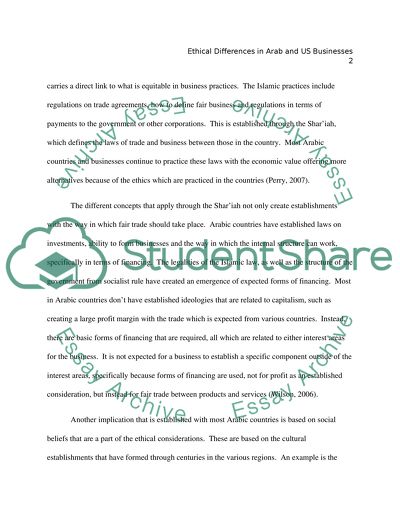Cite this document
(“Ethics & It's Role in International Business - Specifically as it Term Paper”, n.d.)
Retrieved from https://studentshare.org/environmental-studies/1404652-ethics-it-s-role-in-international-business
Retrieved from https://studentshare.org/environmental-studies/1404652-ethics-it-s-role-in-international-business
(Ethics & It'S Role in International Business - Specifically As It Term Paper)
https://studentshare.org/environmental-studies/1404652-ethics-it-s-role-in-international-business.
https://studentshare.org/environmental-studies/1404652-ethics-it-s-role-in-international-business.
“Ethics & It'S Role in International Business - Specifically As It Term Paper”, n.d. https://studentshare.org/environmental-studies/1404652-ethics-it-s-role-in-international-business.


